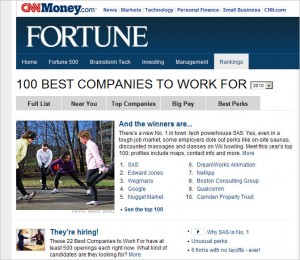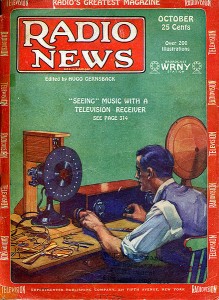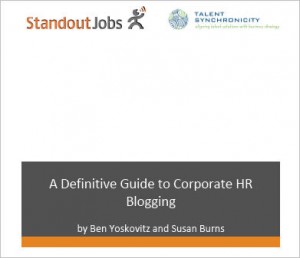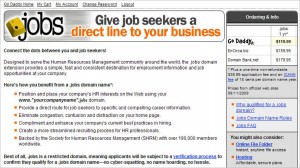I haven’t seen the new television show Undercover Boss—but the idea seems almost irresistible. Who wouldn’t want to see executives slogging around in the trenches?
However, I have done several stints as an undercover employee. Way back when I wanted to get out of academia and learn about the business world, I found it was easy to get temp jobs because I could type really (really) fast. So I got to snoop around a dozen or so companies, seeing how they were organized, how people behaved, and so on. The companies were in different industries, and the work cultures were superficially different. But what I learned in my adventure was that they all had the same problems.
Fast forward to today. I’m currently undercover again, this time because I wanted an inside view of a very famous employer brand. The “undercoverness” is not that no one knows my real identity–it’s that no one has the least interest in who I am. My role is to get X amount of stuff done in Y amount of time, and enter my hours into the appropriate project slots. As long as I do that, no one will pay any attention to me. I am a worker bee.
But I do get to see (or at least hear) how things run in one group. I won’t reveal my “findings” until I’ve finished the project and departed the company. For now, I just want to share this observation . . .
Probably nothing would be more help in improving the employer brand than finding out what new employees actually experience as they go through the hiring process, go through the onboarding process, try to do some work, and try to find their place in the group structure. How many companies substantively interview new hires and actively utilize feedback?
Come to that: How many companies provide ongoing support and resources for new hires? How many managers have the time, skills, or inclination to effectively integrate new employees? And how many Careers sites talk about the hiring and onboarding processes, or include interviews with newly hired workers as well as career employees?
Last question. How many corporate recruiters actually know what becomes of candidates after they get hired?
When you think about it—every new employee is “undercover.” Secretly observing, forming opinions, drawing conclusions. And those early observations will shape the relationship between employee and employer for a long time.
Check out the fantastic (seriously) New Hires site at Stanford University for some ideas. Especially impressive: a series of Manager Checklists that cover the first days, weeks, and months on the job.
(Thanks to Eric E. Castro for the original “Shhh!” photograph. It’s been reworked a bit here.)





